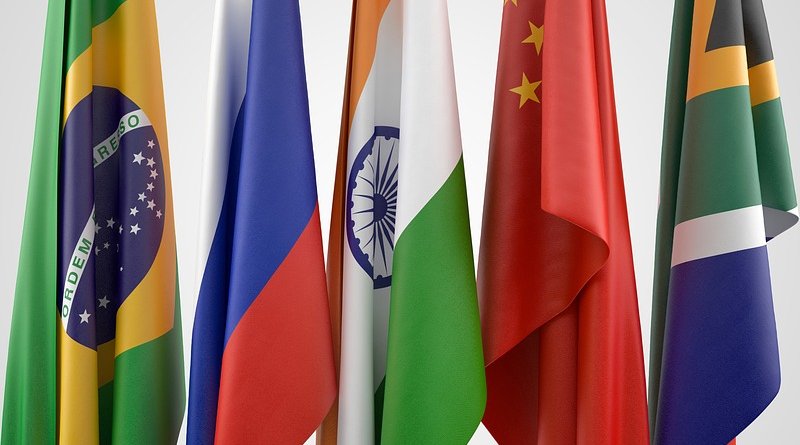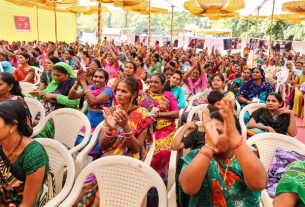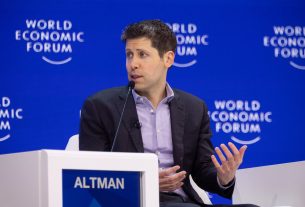Could it be due to lack of space in the ecosystem that South Africa has been categorically ignored in the New Year greetings from Russian President, Mr Vladimir Putin, to members of the bloc known as BRICS.
By general description, BRICS is the union consisting of Brazil, Russia, India, China and South Africa. The five have been forging relations together and now working to end rules-based order in the unipolar system.
In an official post on the Kremlin administration website in late December, South Africa was surprisingly not mentioned, but the other three nations were.
Addressing the President of the Federative Republic of Brazil, Putin expressed satisfaction with the fact that, during the presidency of Jair Bolsonaro, Moscow and Brasilia extensively cooperated at international platforms, especially within BRICS, and successfully advanced the friendly bilateral relationship.
In messages to President of the Republic of India Droupadi Murmu and Prime Minister of India Narendra Modi, the President of Russia stressed that in 2022, Russia and India marked the 75th anniversary of their diplomatic relations and, relying on positive traditions of friendship and mutual respect, the countries continue to develop their specially privileged strategic partnership, carry out large-scale trade and economic projects.
In addition, both Russia and India closely cooperate on energy, military technology and other areas and further coordinate efforts in addressing important matters of regional and global agendas.
“I am confident that India’s recently started SCO and G20 presidencies will open new opportunities for building multi-dimensional Russia-India cooperation for the benefit of our peoples, in the interests of strengthening stability and security in Asia and the entire world,” Putin stressed in his message.
In sincere greetings for the New Year and the upcoming Spring Festival to President of the People’s Republic of China Xi Jinping, Putin referred to strengthening the comprehensive partnership and strategic cooperation between Russia and China. The mutual partnership demonstrates rapid progress and resistance to external challenges as both continue to maintain a meaningful political dialogue.
Putin was upbeat on a number of points. Bilateral trade is breaking records. Major trans-border infrastructure projects have been completed, including the construction of road and railway bridges across the Amur River. The years of physical fitness and sports exchanges contributed substantially to contact between the people of our countries.
“Through joint efforts, we will be able to take bilateral cooperation even higher for the benefit of the Russian and Chinese nations and in the interests of strengthening regional and global stability and security,” he stressed.
Putin expressed confidence that they will work together to enhance multi-dimensional cooperation further and continue their coordinated work on a bilateral basis and within the framework of BRICS.
In 2023, South Africa will hold the rotating presidency of BRICS, implying that South African President, Cyril Ramaphosa, has a lot more at hand, especially with the current global geopolitical changes.
He will also work towards consolidating the growing support underway for a few countries that have applied to join BRICS. It is also pushing for the emerging multipolar world.
It is, however, speculated that the organization’s membership might expand to about 15, but that largely depends on certain necessary conditions and the collective decision of the group.
Historically, the first meeting of the group began in St Petersburg in 2005. It was called RIC, which stood for Russia, India and China.
Then later, Brazil joined and finally, South Africa in February 2011, which is why now it is referred to as BRICS. The acronym BRICS is derived from the members’ names in English. The BRICS (Brazil, Russia, India, China and South Africa) collectively represent about 42 per cent of the world’s population.



